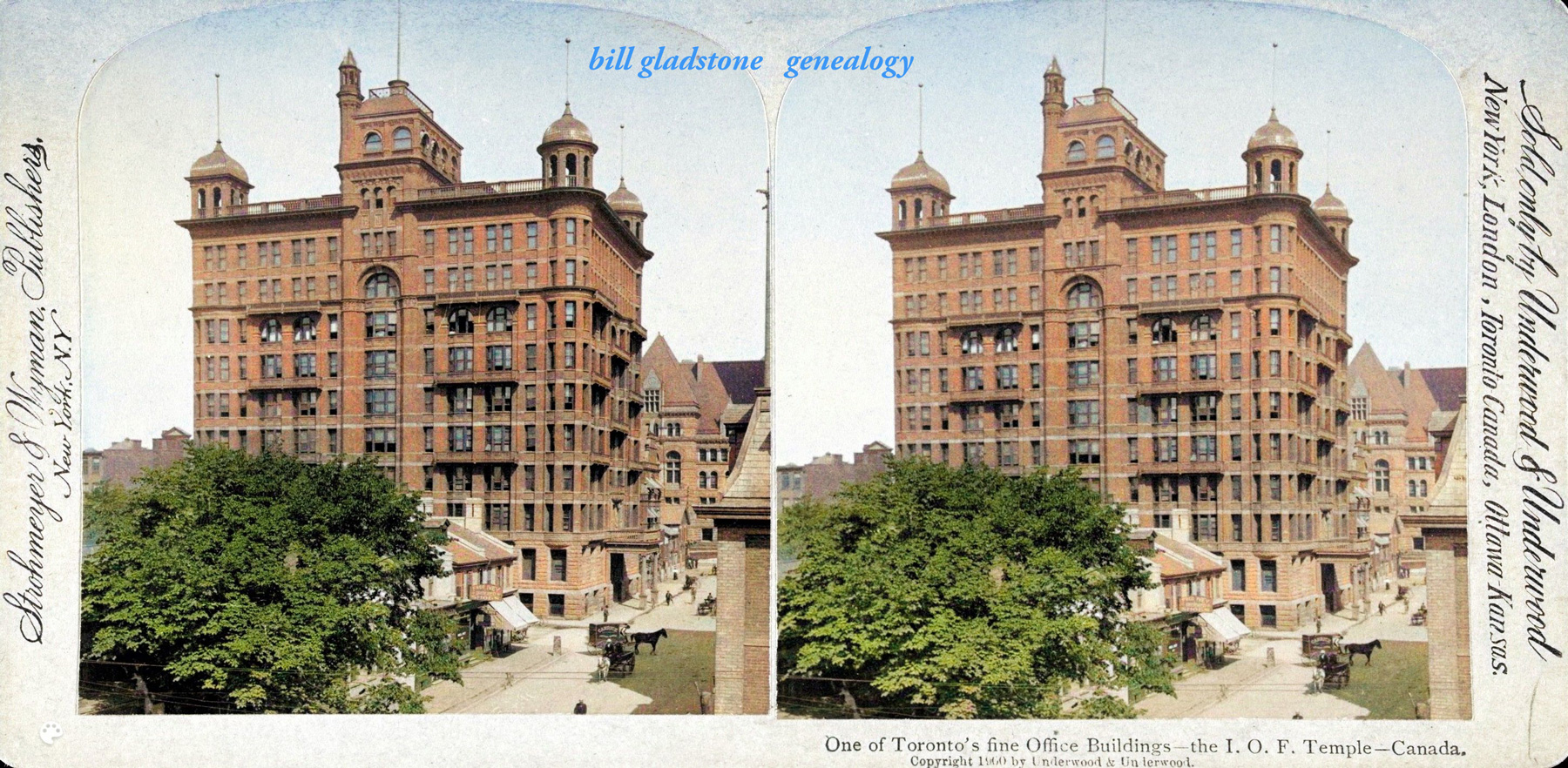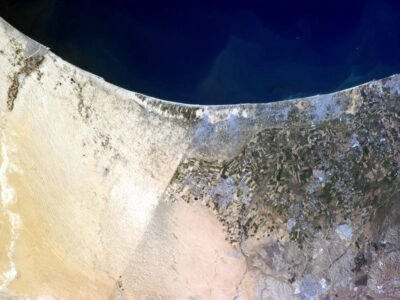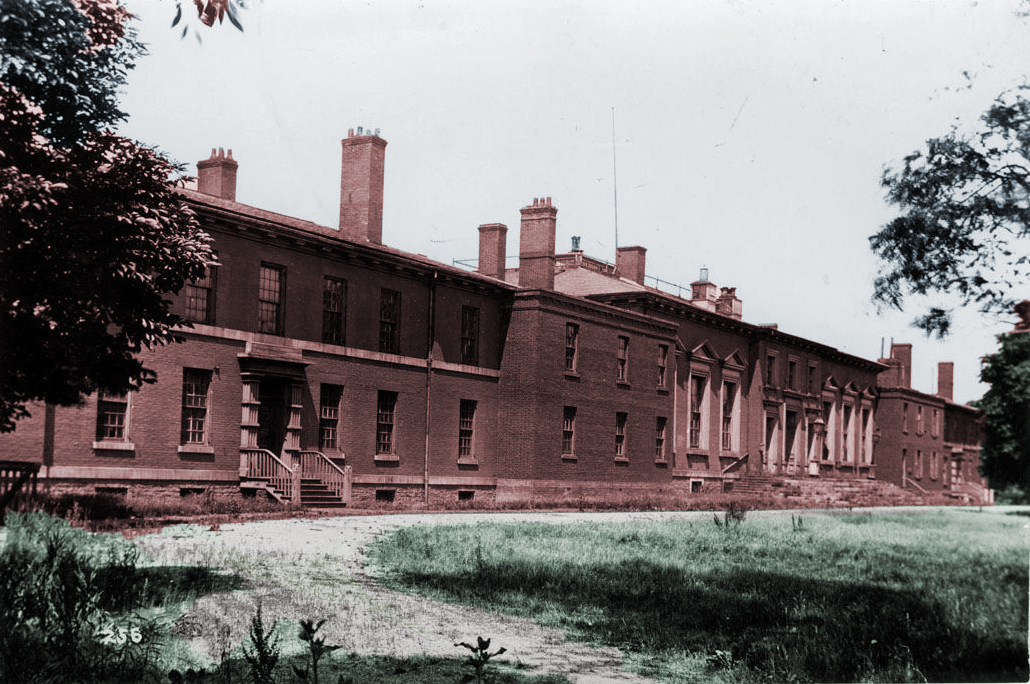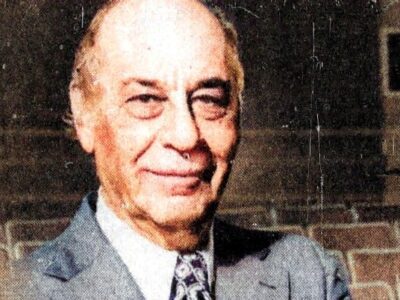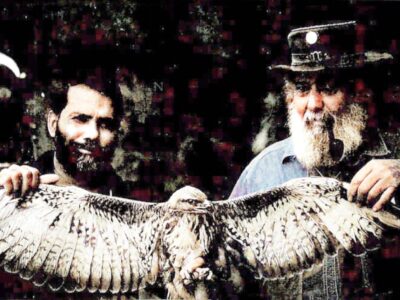 The massive golden menorah from the Holy Temple of Jerusalem is the coveted object that fuels the modern-day action-adventure in Saskatchewan-born author David Gibbins’s second novel Crusader Gold, published this year by Headline Press of Britain and available under that imprint in Canada.
The massive golden menorah from the Holy Temple of Jerusalem is the coveted object that fuels the modern-day action-adventure in Saskatchewan-born author David Gibbins’s second novel Crusader Gold, published this year by Headline Press of Britain and available under that imprint in Canada.
Gibbins, who appeared at the International Festival of Authors in Toronto in late October, has penned a fact-based historical mystery thriller based on the premise that the menorah outlived centuries of Roman captivity, was looted by a succession of historical players, and could have survived intact right down to the present day.
The book’s protagonist is Jack Howard, an underwater archaeologist who uncovers a set of clues that put him hot on the trail of the legendary artifact, one of the great lost treasures of the ancient world. Because the menorah’s reappearance would have enormous political ramifications around the globe, a malevolent group connected to neo-Nazis is simultaneously on Howard’s trail, hoping to keep it from resurfacing.
Jack Howard’s fictional quest stretches over quite a historical sweep, taking him from the fall of the Roman Empire to the last days of Nazi power. If Gibbins’s hero is fashioned in the “Indiana Jones” mold, he’s also fashioned after the author himself.
Like his protagonist, Gibbins is an underwater archaeologist with considerable field experience. Having earned a PhD at Cambridge in Roman maritime trade, he worked until recently as a university instructor in Roman history. His knowledge and familiarity with the subject give his writing a credible, almost documentary edge that modern readers seem to crave.
His previous book, Atlantis, has sold about half a million copies in various translations and been listed on the New York Times bestseller list for many months.
As recorded by the Jewish historian Josephus, the Temple menorah was looted by the Romans in 70 C.E. and brought to Rome. A frieze on Rome’s famous Arch of Titus shows the prized object being carried into the city in a triumphal procession. Emperor Vespasian thereafter locked it away in the Temple of Peace and it subsequently disappeared from the stage of history.
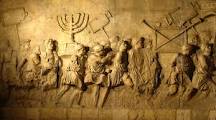 Outside of the realm of fiction, no further evidence has surfaced as to the menorah’s fate, but historians have conjectured it was melted down and its gold used to fund the building of the Coliseum. “There was a sudden influx of money into Rome at that time,” Gibbins said.
Outside of the realm of fiction, no further evidence has surfaced as to the menorah’s fate, but historians have conjectured it was melted down and its gold used to fund the building of the Coliseum. “There was a sudden influx of money into Rome at that time,” Gibbins said.
But what if the menorah was not melted down? According to Gibbins, snippets of historical evidence suggest it may have been looted by the Vandals in the 5th century and taken to Carthage, then looted by the Byzantines and carried to Constantinople. “What happens to it after that becomes a very dark mystery,” he said. “That’s where my story really springs from. It’s at that point that my imagination really takes over.”
Crusador Gold posits that the menorah survived in Constantinople until the medieval period and was plundered by the Viking warrior Harald Hardrada. An actual historical figure, Harold’s exploits as a Crusader are well known; a future Norse king, he may even have visited Jerusalem.
In Crusader Gold, Harald carries the menorah to the Yucatan, where the Mayans gain possession of it. (In an author’s postscript, Gibbins helpfully separates historical fact from fiction and explains that no evidence exists for any Viking presence in North America outside of L’Anse aux Meadows, Newfoundland, and vicinity.)
Gibbins said he was loathe to weave a tale about the modern resurgence of the menorah in modern times within the context of the Jewish-Muslim struggle, so turned to more exotic story-lines. “There’s a challenge between keeping the factual edge and making the book work as fiction,” he said. It is perhaps his free use of arcane and incredible historical facts that has drawn so many readers around the world. (Atlantis was translated into dozens of languages.)
Another factor in the success of his books must certainly be his taut prose, which delivers both a depth of historical knowledge as well as the stamp of authenticity deriving from actual experience. “I’ve dived on an awful lot of fantastic wrecks,” he said — then described two that “really stand out.”
One was a Roman shipwreck off Sicily, in which he found a Roman surgical scalpel — “the only time an ancient surgeon’s kit has been found on a wreck.” The other involved the excavation of a classical Greek wreck off Turkey, during which he blew sand from a gully to reveal row upon row of ancient drinking cups. “A sight like that gives you a feeling of immediacy, a feeling that you’re very close to the people of antiquity.”
Given his success as a novelist, Gibbins said his career as a novelist has trumped his archeological career, at least temporarily. All of the duties attendant upon a bestselling writer have made it impossible for him to accept any new archaeological adventures at present. “I’ve got a contract for two new books, so I’ve had to backtrack a bit on the field work,” lamented the former university lecturer, who divides his time between England and Canada.
During his interview with The CJN, he proudly offered a snippet of personal history: his great-great-grandmother, Rebecca Brandon, was a Portuguese-Sephardic Jew who lived in London about 1830. And ever since visiting Israel as an archaeology student, he has felt a special affinity for the Jewish state. “I continue to be enthusiastic about Israel. I think that the Israeli state is one of the most extraordinary stories of our time and I hope the problems that plague it can be worked out.” ♦
© 2006
